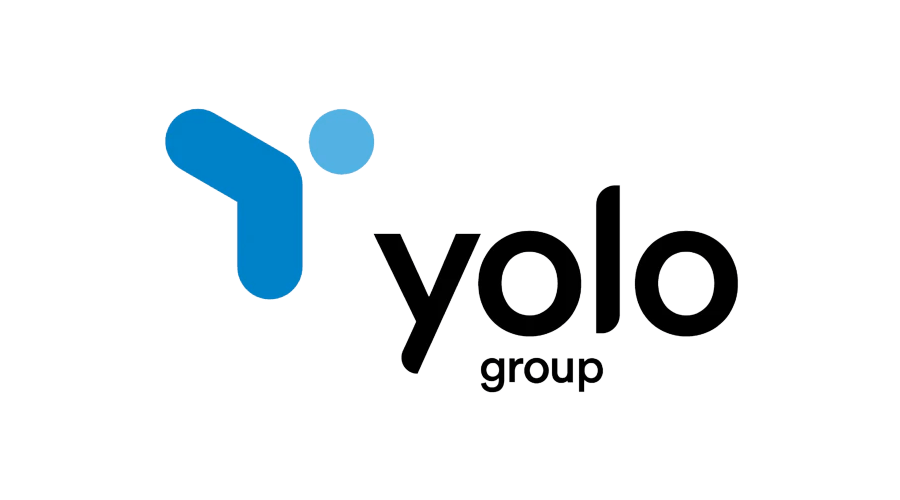AGA: US Gaming Is Still Strong; Offshore Gaming Is to be Stifled

According to the most recent data available from the American Gaming Association's (AGA) Commercial Gaming Revenue Tracker, commercial gaming in the USA once again surpassed the $5 billion mark in July.
The consequences of the global health crisis are still visible in the data year over year and when comparing the trajectory over time, despite the fact that it is slowly receding from view. However, when June and July of the current year are contrasted, the growth becomes more pronounced. In contrast to iGaming and sports betting, which saw gains of 7.9% and 1.2%, respectively, land-based gaming increased by 8% from June.
Therefore, even though some y-o-y numbers are more challenging to understand for organic growth, raw monthly numbers still have meaning. Fourth out of the previous five months have all over $5 billion, with July being the third-largest month ever.
Commercial gambling income for the year reached $34.27 billion by the end of July, a 15.5% increase over the same period in 2021. This shows that 2022 is likely to be yet another record year for commercial gambling.
Consumer interest is not being cooled by inflation
The amounts of revenues have not been affected by higher gas costs, rising loan rates, or other consumer pressures, but the rate of increase has slowed from the trajectory set in the late spring. Although interest rates and other variables may be lowering operator profitability, it doesn't appear that the inflationary cost is having as much of an impact on players as it may be.
iGaming saw monthly growth of over 28% and year-to-date growth of over 41% in 2021. In July, the performance of sports betting increased by 34% on a similar volume ($392.4 GGR and $359.6 GGR, respectively). With a take of almost $3.03 billion for the month, land-based table gaming was almost flat compared to a 3.5% growth over July 2021, and floor slots were actually down 1.4% for the time. Despite these declines, floor slots still accounted for the lion's share of overall revenues.
Even while table gaming revenue growth wasn't double-digit or even high single-digit, it still established a monthly record at $966.7 million across the country.
The AGA keeps lumping unlicensed "slot machines" in truck stops and convenience stores together with all offshore casinos accepting US players into the same category as illegal bookies in states with sportsbetting regulations, which is understandable but at best is dishonest.
The Association contrasts the best qualities of US commercial gaming operators with the worst traps from the worst blacklisted and unauthorized offshore sites as well as gambling machines found all around the country in obscure locations in a fact sheet published last week (see.PDF file here).
Lack of Context in Offshore Comparison
The publishing cum propaganda is missing several crucial details, In particular, no American court has yet ruled that playing at an offshore casino is against the law on a national level. While some jurisdictions do so, the majority of the 25 US states that do not allow commercial gambling do not.
Additionally, a court last recently declared in International Game Technology PLC et al. v. Merrick B Garland & The United States Department of Justice that the Wire Act of 1961 only applies to interstate sports betting. According to US law, offshore casinos are not now and never have been "illegal."
Furthermore, the AGA explicitly asserts that offshore casinos are unlicensed and do not adhere to international requirements for age, identification, or anti-money laundering, despite the fact that 99% of all US-facing internet casinos do as anyone who has ever withdrew funds from an offshore site can attest.
The fact that there are essentially no player safeguards in the regulatory framework for customer-casino disputes is one positive aspect of offshore gaming in the United States. The only issues the regulators will address are direct violations of licensing terms, such as offering unlicensed products, permitting underage gambling, or not abiding by Responsible Gambling policies, so players who feel wronged must go to an advocacy board and make their complaint public to receive relief.
The inclusion of secure and responsible, regulated, audited, and accredited games and casinos does the AGA's credibility as a player advocate and a trade association promoting the business of its members no favors, even though the majority of its warnings are directed at illegal offshore bookmakers (sports betting across state lines has been prohibited since 1961).




